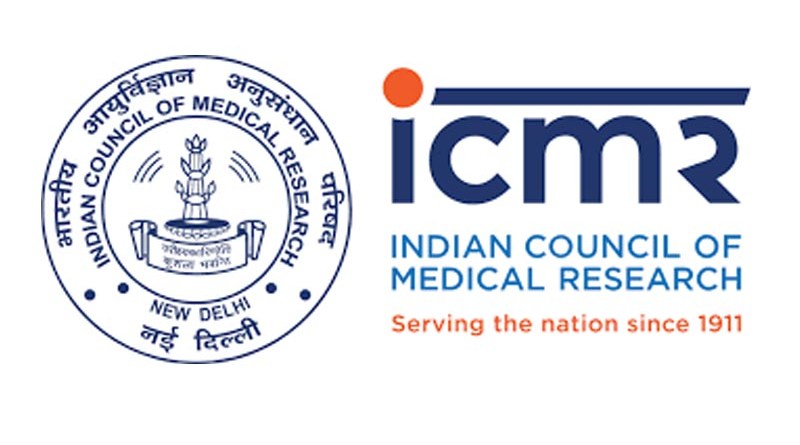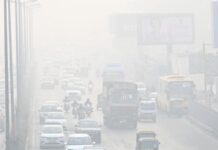NEW DELHI: The Indian Council of Medical Research (ICMR) said that the efficacy of the COVID-19 vaccine in India is likely to remain between 50 to 100 per cent, however, they are trying for 100 per cent efficiency.
“We are aiming for 100 per cent efficacy but may land between 50 to 100 per cent. However, it still would be an effective vaccine against the virus,” ICMR Director General Dr Balram Bhargava said while speaking to media during a press briefing of Ministry of Health and Family Welfare on Tuesday.
Bhargava added that as per the World Health Organisation (WHO), a vaccine having above 50 per cent efficacy is acceptable for administration. “100 per cent efficacy is not achieved in vaccines for respiratory viruses,” he said.
The Drugs Controller General of India released draft guidelines for Covid-19 vaccine on Monday. The 39-page document lists several safety protocols that companies have to follow, including developing adaptive trial designs.
As per the guidelines, the vaccine that will go for approval must elicit superior immune responses compared to no vaccination against Covid-19. An individual who gets the vaccine should be protected from re-infection for at least a year.
Besides, the regulatory approval for the vaccines will come through only if companies demonstrate 50 per cent efficacy in the primary endpoint or more than 30 per cent efficacy in the secondary endpoints. This means a vaccine has to either prevent or decrease the severity of the disease in at least 50 per cent of people vaccinated.
“To ensure that a widely deployed Covid-19 vaccine is effective, the primary efficacy endpoint point estimate for a placebo-controlled efficacy trial should be at least 50 per cent, and the statistical success criterion should be that the lower bound of the appropriately alpha-adjusted confidence interval around the primary efficacy endpoint point estimate is (greater than) 30 per cent,” the guidelines stated.
Meanwhile, the regulatory body also clarified in the guidelines that persons who have been infected with the SARS-CoV-2 virus in the past should be included in vaccine testing, as long as they do not have acute Covid-19 or other acute infectious illnesses.







